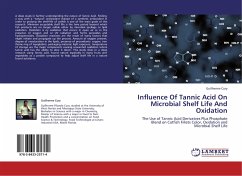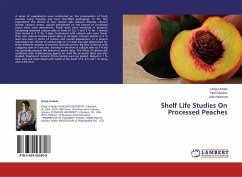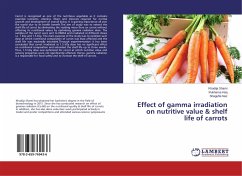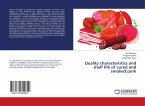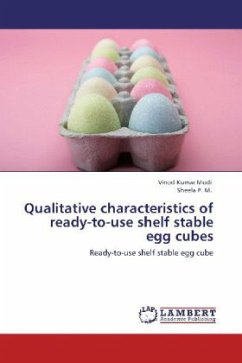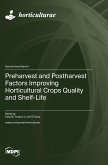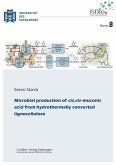A deep study in further understanding the nature of Tannic Acid. Finding a way with a natural antioxidant instead of a synthetic antioxidant in order to prolong the shelf-life of catfish is one of the main goals of this research. Minimum acceptable shelf life is the time period beyond which fish products are no longer edible either by microbial spoilage or lipid oxidation. Oxidation is ny oxidation that occurs in open air or in the presence of oxygen and or UV radiation and forms peroxides and hydroperoxides. Oxidation reactions are the result of many factors that might initiate and propagate up the process. Amount of oxygen present, degree of unsaturation in the lipids, presence of prooxidants: copper, iron (heme ring of myoglobin), packaging material, light exposure, temperature of storage are the major components causing unwanted oxidation where tannic acid has the ability to slow it down. This study dives in a deep research using Tannic acid, found nature especially in many fruits and vegetables as a posible compound to help adjust shelf life in a nature found substance.
Bitte wählen Sie Ihr Anliegen aus.
Rechnungen
Retourenschein anfordern
Bestellstatus
Storno

